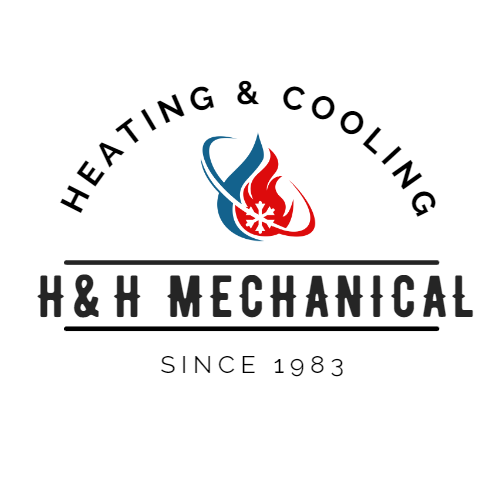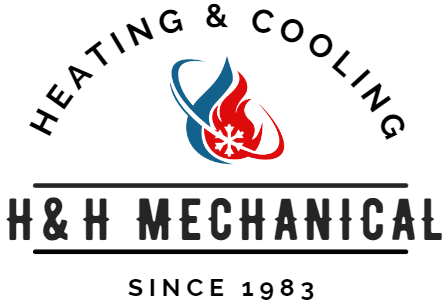Tips for Extending the Lifespan of Your HVAC System
Your HVAC system is a crucial component of your home or business, ensuring comfort and optimal indoor air quality year-round. To make the most of your investment and avoid premature breakdowns or replacements, it's essential to take steps to extend the lifespan of your HVAC system. In this blog post, we'll share some valuable tips to help you keep your HVAC system running smoothly for years to come.
Regular Maintenance:
Regular maintenance is key to preventing major issues and prolonging the lifespan of your HVAC system. Schedule professional maintenance at least twice a year to have your system inspected, cleaned, and serviced by trained technicians. They will identify and address any potential problems early on, ensuring optimal performance and efficiency. Regular maintenance also is a rarely talked about requirement of the equipment manufacturer's warranty.
Change Air Filters:
One of the easiest and most effective ways to extend the lifespan of your HVAC system is by regularly changing the air filters. Clogged or dirty filters restrict airflow, making your system work harder and reducing its efficiency. Check your filters monthly and replace them every 1 to 3 months, depending on usage and filter type.
Keep Vents and Registers Clean:
Ensure that the vents and registers are free from dust, dirt, and obstructions. Regularly vacuum or wipe them to maintain proper airflow throughout your home or business. Restricted airflow can lead to strain on your HVAC system, potentially causing breakdowns or reducing its lifespan.
Maintain Clear Outdoor Unit:
If your HVAC system has an outdoor unit, make sure it is clear of debris, leaves, vegetation, and any other obstructions. Restricted airflow to the unit can hinder its performance and lead to overheating. Regularly inspect and clean the area surrounding the outdoor unit to ensure proper air circulation.
Program Thermostat for Efficiency:
Use a programmable thermostat to optimize energy usage and reduce strain on your HVAC system. Set temperature schedules that align with your occupancy patterns, minimizing unnecessary heating or cooling when no one is present. This reduces wear and tear on your system, preserving its lifespan.
Avoid Overworking the System:
While it may be tempting to blast your HVAC system at extreme temperatures, it's important to avoid overworking it. Excessive strain can cause premature wear and tear, leading to breakdowns and reduced lifespan. Set your thermostat to moderate temperatures that provide comfort without overtaxing the system.
Invest in Proper Insulation:
Proper insulation in your home or business can significantly impact the efficiency and longevity of your HVAC system. Insulated walls, ceilings, and windows help maintain stable indoor temperatures, reducing the workload on your HVAC system. This can translate into longer lifespan and energy savings.
Taking proactive steps to extend the lifespan of your HVAC system is an investment that pays off in long-term performance, efficiency, and cost savings. By following these tips, you can ensure that your HVAC system runs smoothly and efficiently, providing comfort for years to come. Remember, regular maintenance, cleanliness, proper airflow, and energy-conscious practices are key to maximizing the lifespan of your HVAC system. Give us a call at H & H Mechanical if you would like to know more!

You might also like





